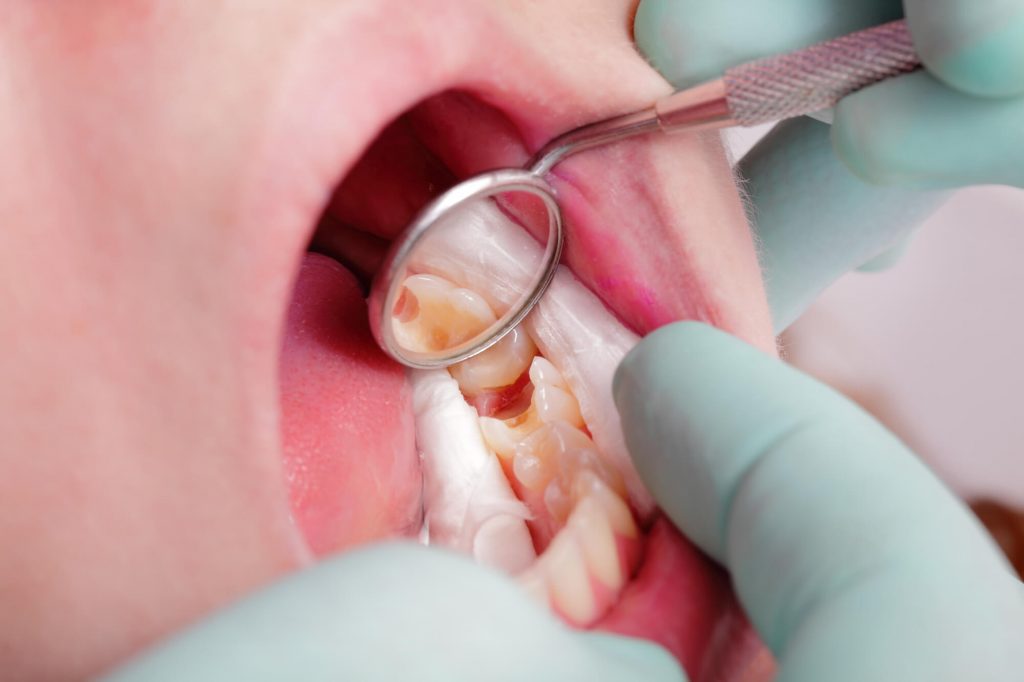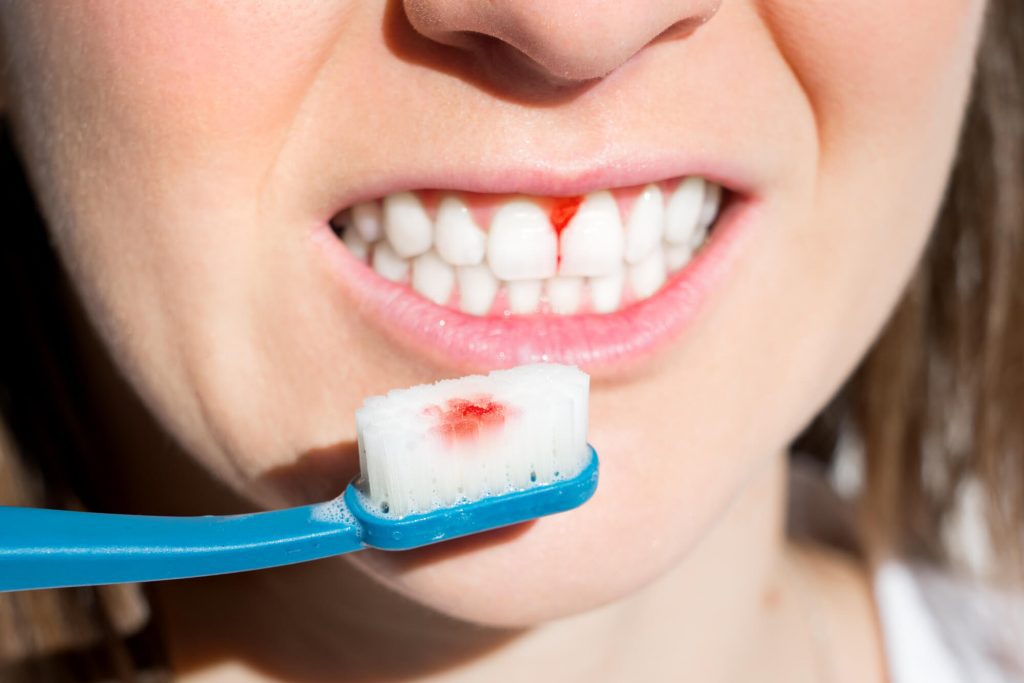Dental hygiene is very important. Just imagine that your next appointment with your dentist in Clayton is supposed to be five months away, but your teeth are starting to hurt. Should you wait until your next scheduled dental appointment, or do you need to book a consultation?
One of the reasons why people experience oral health problems is because of their own doing. Some of the excuses we hear from our patients are, “I get so tired that I skip brushing,” or “I brushed my teeth the other night; I should be okay today.”
Unfortunately, your oral health will suffer if you don’t follow ADA’s recommendations. It’s just a matter of time. Find out what happens if you forget or deliberately skip your oral care routine.

The Consequences of Poor Dental Hygiene
Did you know that your mouth is an entryway to health problems beyond simple tooth pain? The purpose of brushing and flossing is to remove plaque that constantly forms in your mouth. Plaque is the ultimate culprit and is the main source of oral problems. If plaque buildup isn’t controlled, issues and complications will ensue.
Cavities
What is plaque, and how does it cause cavities? Plaque is a sticky biofilm that coats your teeth and is composed of bacteria. Even though your tooth’s enamel is strong, it can erode if bacteria in plaque release acids. Over time, these acids will continue to attack your teeth, forming pits and holes called cavities.
Did you know that in America, 90% of adults aged 20 years old and above have had at least one cavity? One in every four adults between the ages of 20 and 64 has at least one dental cavity right now. If cavities aren’t treated, they can make your teeth susceptible to infections.
The best defense against cavities is brushing your teeth twice daily and flossing once daily. Regular visits to your dentist can also help remove plaque in hard-to-reach areas.
Gingivitis
Besides destroying your teeth, did you know that plaque is notorious for causing gum disease? When plaque is left to flourish, it will calcify into tartar. If you fail to brush your teeth, plaque will continue to form, and it can build up around your gum line.
When it turns into tartar, it will start irritating your gum tissues leading to gum inflammation and infection. People with gum disease experience sore, puffy, red, and bleeding gums.
Periodontitis
When you exhibit signs and symptoms of gum disease, you should not ignore them. You must notify your dentist so that it gets treated before it advances. Plaque causes gingivitis, but without treatment, it can progress into periodontitis.
When you have this condition, the infection will not only affect your gum tissues, but it will cause severe bone infections where you could lose your teeth.
Dementia
Research shows that patients with dementia are more at risk of experiencing tooth decay. A study published in the Current Neurology and Neuroscience shows that tooth decay will increase a person’s risk for dementia.
Researchers examined the possible association between periodontitis and brain inflammation that can lead to dementia. Although there is no concrete evidence to support this claim, the information gathered in the research proves that there might be a chance that the two are interrelated. Would you take the risk?
Heart Disease
Is there a connection between heart disease and poor dental hygiene? In a study presented by the European Journal of Preventive Cardiology, it was found that those who brushed their teeth religiously had a low risk of experiencing heart failure and atrial fibrillation.
Research also showed that patients who regularly visit their dentist were less likely to experience heart-related disorders and complications. Another study found that people with several missing teeth were at risk for heart-related conditions.
How Can You Protect Your Dental Hygiene?
The good news is that it’s not as hard as you think. It all boils down to discipline and determination. At first, you may struggle with it, but if you continue to practice proper dental hygiene, it will eventually become part of your lifestyle.
Making oral care a part of your routine should be your number one goal. Always remember, prevention is better than cure. How do you take care of your teeth and gums? The following are some of the recommendations made by the American Dental Association:
Brushing
Brushing is essential, but to maximize its benefits, you must know the proper way to do it. When choosing a toothbrush, go for one that has soft bristles. Brush your teeth twice a day for two minutes to ensure you are removing as much plaque as possible.
Flossing
Ideally, you are expected to floss once a day before bedtime to remove food debris, plaque, and bacteria stuck in the narrow spaces between your teeth. You can also use water floss or an interdental toothbrush.
Dental Visits
Lastly, the ADA wants you to see your dentist once every six months. However, some patients may require frequent visits if they have a high cavity risk or show signs of gum disease. These visits are for oral exams, checkups, and dental cleanings.

Looking for a Dentist in Clayton For Help With Your Dental Hygiene?
If you need more information about dental hygiene practices, we can help. At Tyron Family Dentistry, we provide a wide range of dental treatments customized to fit your needs and goals. Contact us today for an appointment.

